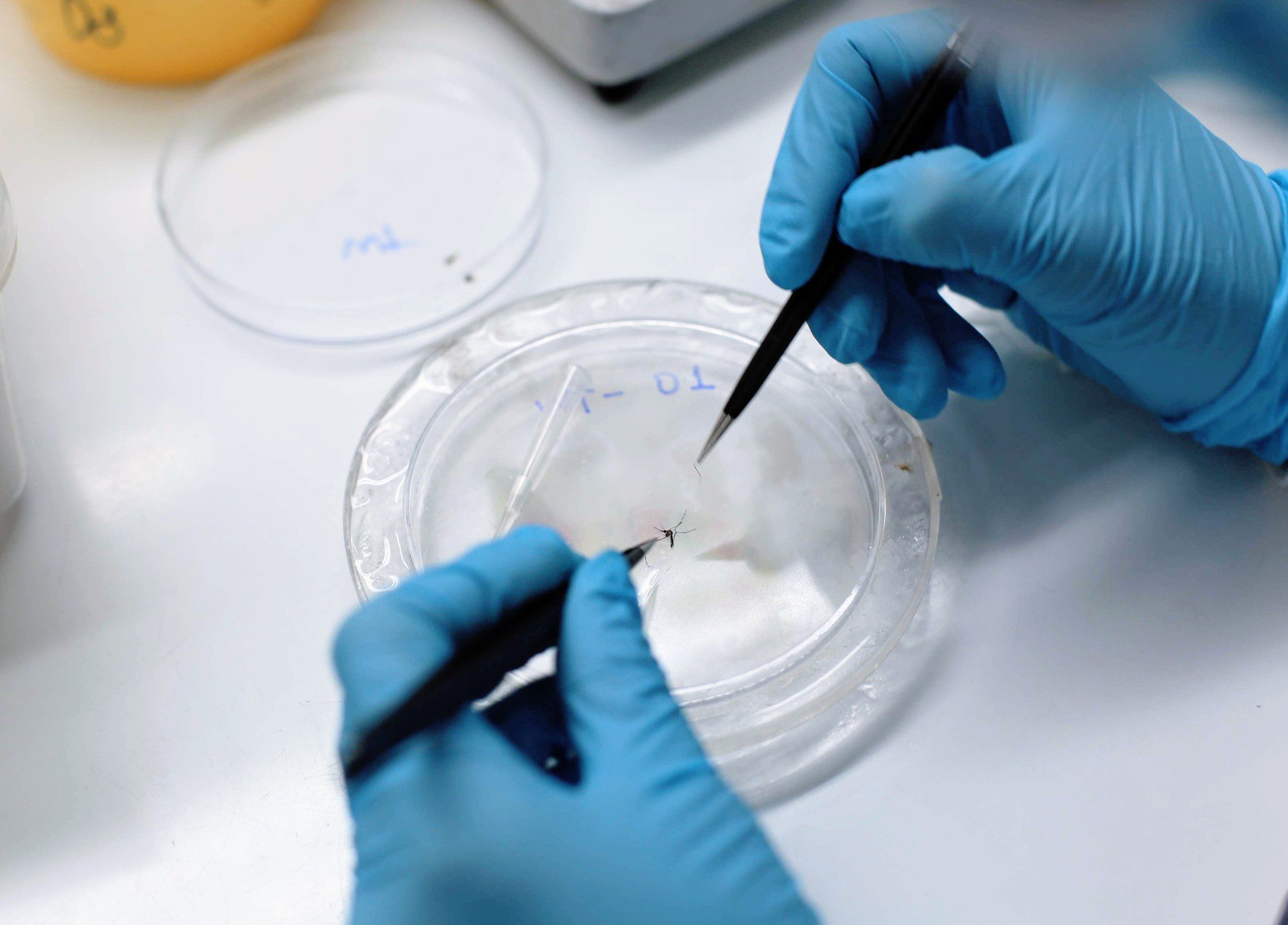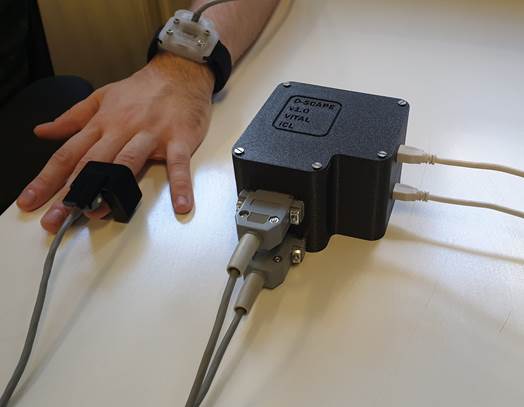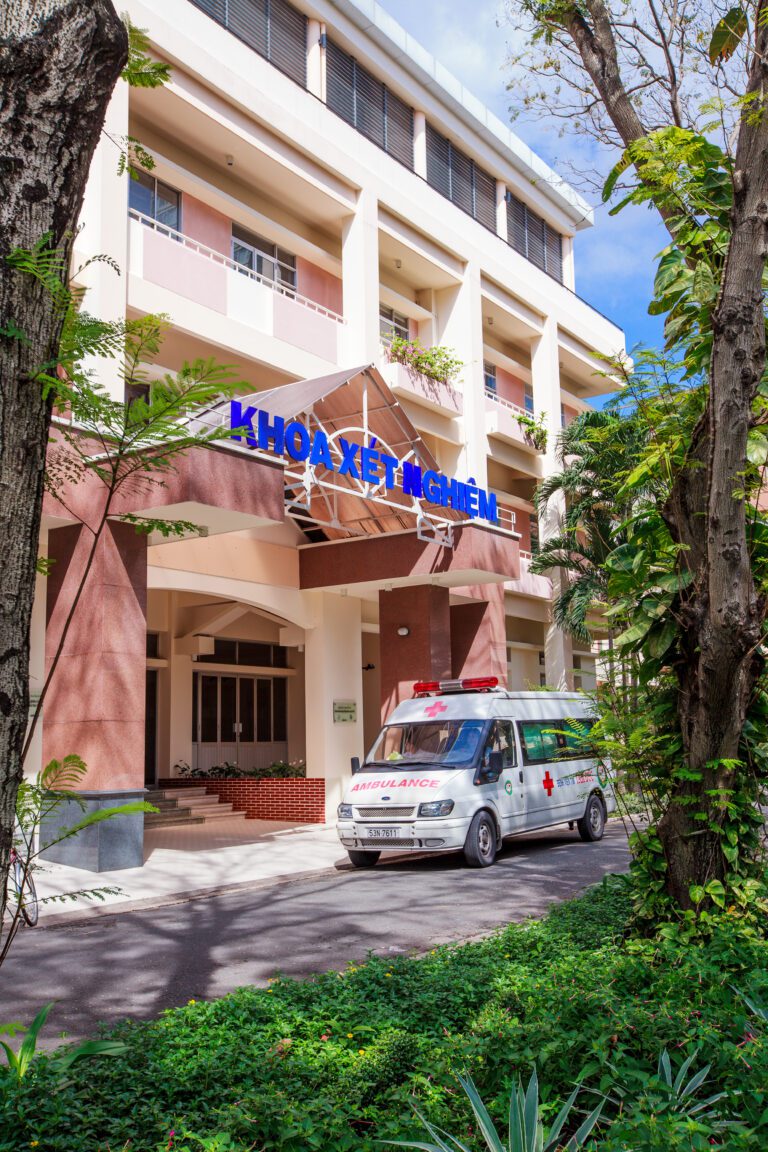Dengue affects 12 million people each year, making it the world’s most widespread mosquito-borne viral disease.
Despite being endemic in many regions, there are still no licensed therapies for dengue. Clinical care relies heavily on repeated blood tests, vital sign measurements and continuous observation; all of which are time-consuming, invasive, and require significant clinical expertise.
The tricky part is that while most patients recover fully from self-limited fevers, 5-10% of hospitalised cases progress to severe disease, sometimes within hours. Doctors must catch those at risk early enough to act.
This demand for constant vigilance defines dengue care. It places immense burden on healthcare systems in low-resource settings, especially during outbreaks when hospitals are overwhelmed and resources stretched thin.
AI tools easing frontline burden
At Oxford University Clinical Research Unit (OUCRU) in Vietnam, a team of researchers led by Dr Ho Quang Chanh is developing smarter solutions to transform dengue care: a wearable device called D-SCAPE, and an AI-based clinical decision support system named D-CAT.

D-SCAPE: A novel wearable device for dengue
The Dengue Severity Classification and Prediction Wearable (D-SCAPE) is a low-cost wrist device designed to continuously track key parameters: heart rate, blood oxygen (SpO₂), blood pressure and haematocrit (HCT).
Using AI-powered waveform analysis, D-SCAPE can detect early signs of deterioration before the symptoms become visible. It supports bedside, real-time monitoring without the need for needles, wires, or repeated blood draws.
The next development phase (2025 – 2028) is supported by LifeArc to improve functionality and optimise design for clinical usage.
D-CAT: Turning data into decisions
Working alongside D-SCAPE, the Dengue Clinical Assessment Tool (The D-CAT) integrates wearable data with routine lab results and clinical observation.
AI models then forecast how a patient’s condition may progress over the next 48 hours, helping healthcare workers prioritise care, make faster decisions, and admit high-risk patients before they become critically ill.
Together, D-SCAPE and D-CAT shifts dengue care from reactive to proactive, improving both the quality and equity of care.
“By automating routine monitoring and supporting clinical decisions, D-SCAPE and D-CAT help ease the burden on frontline staff and give them more time to focus on what matters most: caring for their patient.”
Dr Ho Quang Chanh, Principal Investigator.
Built in Vietnam, for Vietnam
Developed by OUCRU in collaboration with the Hospital for Tropical Diseases in Ho Chi Minh City and Imperial College London, D-SCAPE and D-CAT are firmly rooted in Vietnam’s healthcare context.
Unlike AI models trained on large open datasets in high-income settings, these tools were built on over 20 years of local research, including data from 8,000 real dengue cases and 3,000 hours of pulse waveform from 300 Vietnamese patients. This makes them uniquely tailored to local needs and realities.
That precision comes with challenges: ensuring accuracy across diverse populations, maintaining clinical relevance, and regularly updating algorithms with fresh data.

Implementing these tools at local hospitals also meant navigating real-world challenges: outdated infrastructure, inconsistent internet, and non-standardised medical records. OUCRU is now working with hospitals to validate the apps and integrate them into Vietnam’s growing digital health ecosystem.
Recent changes in regulation have helped. In 2024, Vietnam introduced national guidelines for testing AI-assisted software and wearable devices on patients, providing a clearer, safer framework for innovation.
Shaped by those who use them
D-SCAPE and D-CAT are not just research prototypes. They’ve been co-developed with Vietnamese clinicians and shaped by continuous feedback from those who use them most: patients and frontline healthcare workers.
Children especially appreciated D-SCAPE’s needle-free experience. Adult patients asked for lighter, more discreet devices – something wearable in Vietnam’s hot climate and comfortable for daily use.
"In the next phase, D-SCAPE can evolve into something as simple and familiar as a ring and wristwatch."
Dr Ho Quang Chanh, Principal Investigator.
Patients could wear it at home, enabling continuous monitoring beyond the hospital walls. This could help us catch early warning signs, especially for people in remote or underserved areas where returning to hospital is not always easy.”
 The D-SCAPE wearable device has evolved over the years through iterative design and user feedback
The D-SCAPE wearable device has evolved over the years through iterative design and user feedback
As Vietnam rises as a regional leader in digital health, innovations like D-SCAPE and D-CAT are lighting the way: smart, sustainable, and built to save lives, not just in theory, but in everyday practice.








